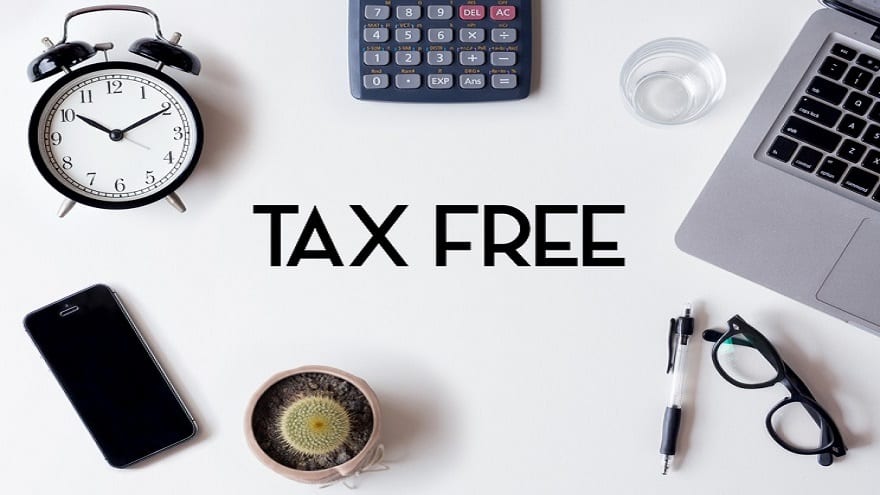New Rules On Tax Free Home Sales

The IRS recently made it easier to cash out a principal residence tax free by plugging gaps and uncertainties in the 1997 rules on tax-free gains. The IRS filled the gaps in ways that are generous to taxpayers.
Previously, anyone with a deductible home office had to separate the tax basis and sale proceeds of the home into business and personal portions. Only the sale of the personal portion qualified for the tax-free gain. The home office portion was taxable. In addition, the depreciation deductions taken for the office reduced the basis of the business portion of the home. That increased the taxable gain above the simple appreciation.
The new regulations say that homeowners do not have to pay taxes on the office portion of a home, as long as the office is not in a separate structure. You still must reduce the tax basis by the depreciation deductions taken for the home office. That increases the gain on the home and could result in some taxable gains down the road.
The regulations also verify a strategy I’ve recommended in the past. Suppose your home is surrounded by several acres of land. You can sell portions of the land as separate lots. The gain from each lot qualifies for the home sale exclusion if you also sell the rest of the land and your principal residence within two years before or after the sale of the lot.
The bulk of the new regulations are devoted to fleshing out an exception. You don’t have to meet the two year residence and ownership tests if the home sale was due to a change in job location, health, or unforeseen circumstances. You qualify for this exception if you, your spouse, a member of your household, or a co-owner of your home meets the exception.
The job change exception is available when an owner is unable to pay the mortgage or basic living expenses because of a job change. You also qualify if you sold the home to take a job that is at least 50 miles farther from your old home than the old work place was from that home. A job loss that qualifies for unemployment compensation automatically meets this exception.
The health exception applies if the main reason for selling had to do with obtaining a cure, treatment, or diagnosis for a disease, illness, or injury. The exception also applies if you move to care for an ailing close relative. Unforeseen circumstances include natural and man-made disasters. Unforeseen circumstances not listed in the regulations also can qualify if you persuade the IRS to accept your story.
These regulations are retroactive. If you paid taxes on a gain in the past three years and that gain is exempt under these regulations, consider filing an amended return to claim a refund.
![]()





